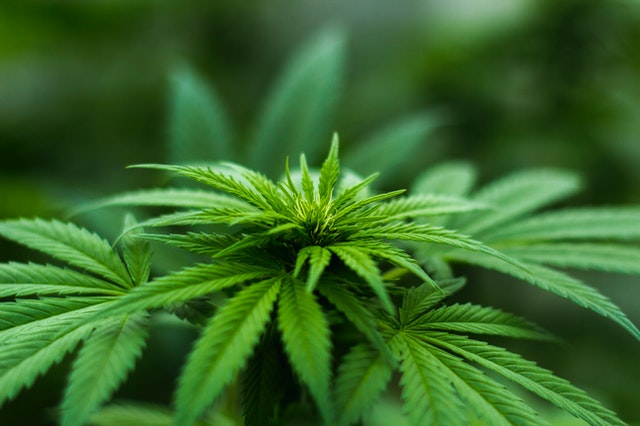In reversing the century-long ban on marijuana as a commodity, Canada is set to be the second country in the world to legalise the recreational use of marijuana. Canadians can now legally buy marijuana by October of 2018. Naturally, such a move has a significant impact on a domestic, international, cultural, legal, and economic level. In this post, we at Prowse Barrette (Previously Prowse Chowne) explore the impact of legalising marijuana and the legality that surrounds the use of marijuana. Needless to say, Canada’s legalisation of marijuana doesn’t mean one can use it on an open street.
The Legalities
When the Cannabis Act finally comes into force starting October 2018, all adults (those over the age of 18) can have legal access to the substance. This is, of course, subject to requisite provincial restrictions. The limitations regarding the use of the recreational drugs on a federal level are as follows:
- An adult can legally possess up to 30 grams of legal cannabis
- An adult can freely share up to 30 grams of legal cannabis with other consenting adults
(Note: 30 grams of dried cannabis equals to 150 grams of fresh cannabis, or 450 grams of edible product, or 1050 grams of liquid product, or 7.5 grams of solid/liquid concentrates, and 30 grams of cannabis plant seed)
- An adult can buy cannabis only from a retailer that has been registered on a provincial level
- An adult can buy cannabis from a federally-registered cannabis producer in the absence of a systematic retail presence
- Adults can legally grow up to a maximum of four cannabis plants as long as it is grown from licensed seedlings
- Adults will also be permitted to prepare cannabis-infused food items (including beverages) at their residence so long as they don’t use any organic solvents in the process of producing a concentrated product
Other Relevant Facts
To protect young people from the allure of cannabis, Cannabis Act seeks to restrict the advertisement of cannabis products in a way that mirrors that of tobacco products. The goal is to discourage youth from consumption through regulated labeling, packaging, and means of advertisement.
The federal government has set forth a mechanism that aims to regulate cannabis use. The purpose is to discourage potential criminal activity and black marketing. Licensed cannabis producers will need to comply with the following regulations that concern:
- The type of cannabis traded
- The serving size and the potency of the product
- The usage of prohibited ingredients
- The nature of the packaging, labelling, and promotion
- The adoption of seed-to-sale traceability solutions
Canada’s legalization of recreational marijuana is also set to have a significant cultural impact in the years to come and it remains to be seen whether the use of cannabis witnesses a steep incline. Feel free to contact us to get in touch with our legal team to understand the legalities that surround Canada’s legalisation of recreational marijuana.

